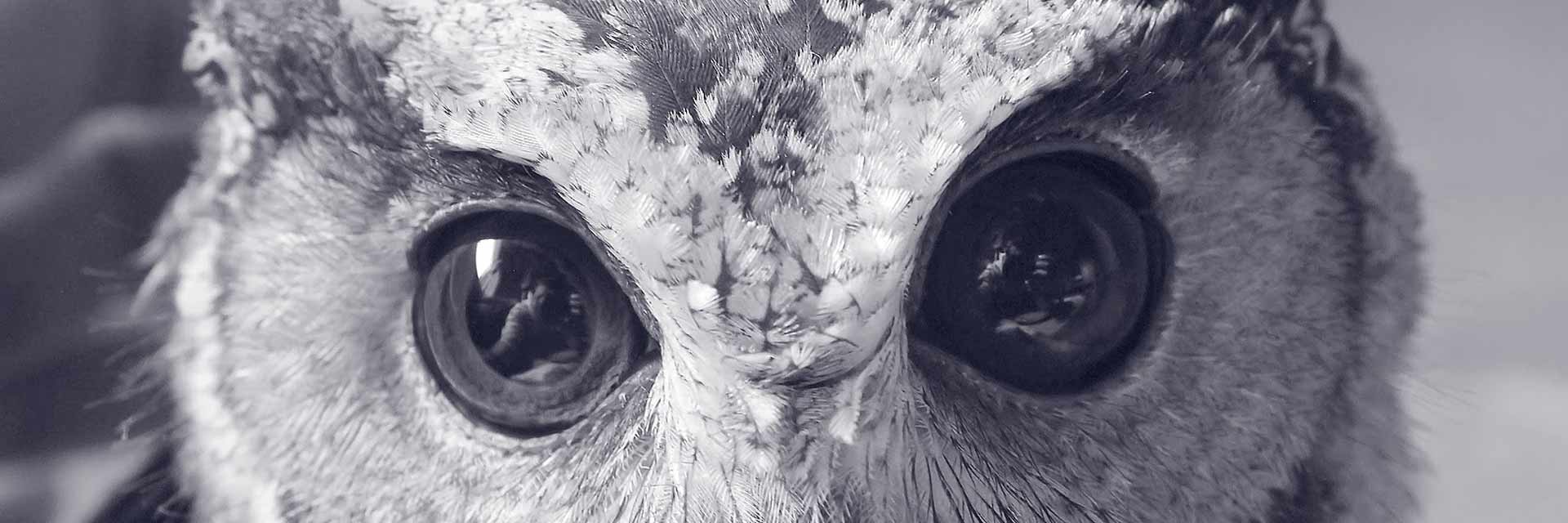Indian Tigers become part of JetPrivilege family
One of the biggest threats to biodiversity is the human-wildlife conflict and we have seen how our national animal – the Indian* tiger – is at the losing end of this conflict. Where once tigers roamed freely, alarmingly, India is now home to only 2226 of these magnificent beasts due to territory encroachment and illegal poaching.
JetPrivilege is passionate about protecting the intrinsic beauty of our planet and our cultural heritage to preserve the same as a legacy for our children. This is the powerful idea behind JetPrivilege’s CSR vision, which has led us to develop a unique initiative – ‘Preserving What’s Precious’.
This vision and the grave concern for the dwindling tiger population in India, which accounts for almost 60-70% of the global tiger population, inspired us to take up the cause for saving their habitat. We have collaborated with The Corbett Foundation (TCF) – a charitable trust that is fully dedicated to the conservation of wildlife with active involvement of local communities.
The Bandhavgarh – Sanjay Dubri Corridor in central India was especially significant as it covers over 21,000 sq kms area and is home to about 70-90 tigers. We looked at both ecological aspects and community-based conservation activities for long term sustainability. The efforts involved working in close co-operation with important stakeholders namely the forest department, local communities and TCF.
As part of this holistic approach our activities cover 7 broad areas:
1. Habitat and Threat mapping: 50 camera traps were deployed across the territory to gather more information about tigers and indirect surveys were conducted to gather data on pugmarks, scat deposition sites, scratch marks etc.
2. Conservation Interventions: Two important threats were the uncertainty of potable water and accidents such as wild animals falling into man-made wells. We have currently installed 8 solar pumps and will continue to install more to ensure that watering holes are more effective at providing water all year long. We have also fenced off 255 wells in regions of high animal activity.
3. Habitat restoration: Deforestation is a leading cause of habitat loss. We have identified 158 hectares of degraded area in the forest which could be restored by planting more trees.
4. Reduction in Firewood usage: Smoke from open fires is a common health hazard in regions around the corridor. We have distributed 600+ smokeless Sakhi stoves in 8 villages. This helps reducing the villagers’ dependence on the forests for cooking fuel and improves their health.
5. Sustainable Livelihood: About 30 women from 4 villages have been given training in sewing & tailoring and 30 youth have been trained in basic hospitality courses.
6. Capacity Building of Forest Officials: Workshops for 60+ forest officials have been conducted to improve their understanding on ecological census techniques, transects & camera trapping, reading indirect evidence, compass reading, GPS, range finder ops etc.
7. Cultural Museum: In the process of building a museum that celebrates tribal culture in an attempt to provide tourists with a local experience of the communities and help residents benefit from the influx of tourists.
This project is the first and an important step towards the long-term conservation of tigers and demonstrates our commitment to responsible and sustainable business. We are proud that the JetPrivilege universe now includes four-legged members – India’s tigers.
*Indian tiger – The sub-species of Tiger found in India is primarily Bengal tiger.
PS: This post is one day late – I had intended to post it yesterday ie 29 Jul, 2018 – International Tiger Day
Article By…
Manish Dureja
Managing Director, Jet Privilege






No Comments